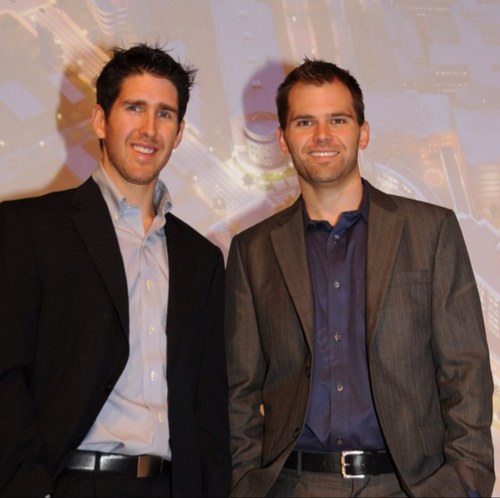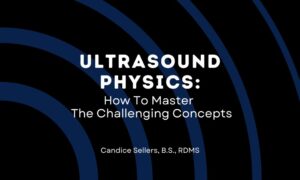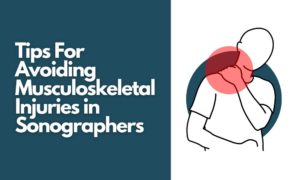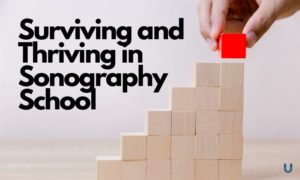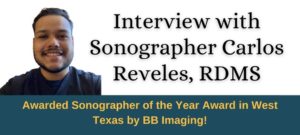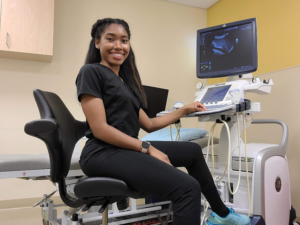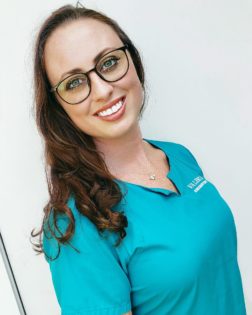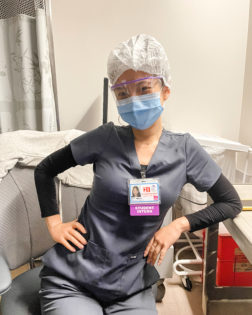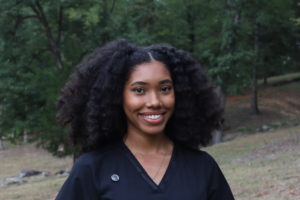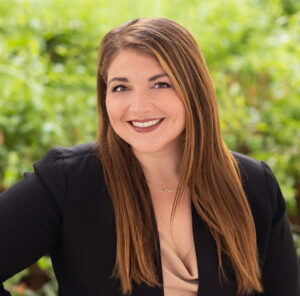Dr. Matt Dawson and Dr. Mike Mallin are the founders and co-hosts of Ultrasound Podcast, an entertaining and educational audio-visual show that has been downloaded over 500,000 times in more than 180 countries. The podcasts are hilarious, even sometimes bold, but don’t let their cheekiness fool you!
Dr. Dawson (MD, RDMS, RDCS) the Director of Emergency Ultrasound at the University of Kentucky and Director of Ultrasound for Mesa Medical Group, and Dr. Mallin (MD, RDCS, RDMS, ASCeXAM) the Director of Emergency Ultrasound and the Emergency Ultrasound Fellowship at the University of Utah, know what they’re talking about. They want to share this knowledge with those currently in and aspiring to enter the ultrasound field, while learning from listeners at the same time.
Dr. Dawson and Dr. Mallin (Matt and Mike) took the time to chat with us about their careers and Ultrasound Podcast.
Mike: I decided on medicine during my undergrad in Chemical Engineering when a friend graduated and literally got a job as a quality assurance engineer at a paint plant (watching paint dry). I realized I wanted my career to involve interacting with people, and figured medicine was a good way to mix the science and social aspects of my career goals. As far as ultrasound, I pretty much got obsessed in medical school during an elective. All of a sudden, everything I learned in school seem to make so much sense. I think it was the visual nature of it; no more percussing or listening with a stethoscope; it was like actually seeing instead of imagining.
Matt: I always knew I wanted to be a doctor, and I realized very quickly when I started my emergency medicine residency that ultrasound simply made me a much better doctor by giving me what I felt were almost super powers. I could all of a sudden look inside the body at the pathology and physiology without guessing just based on history and physicals.
“I think it was the visual nature of it; no more percussing or listening with a stethoscope; it was like actually seeing instead of imagining.”
Mike: Matt and I did residency together at the University of Utah. We were chief residents together and then ultrasound fellows after that.
Matt: June 27, 2007. 0816. It was the first day of the rest of my life…..
Mike: We both listened to other emergency medicine podcasts during residency and loved the way we could learn while running, driving, or doing whatever else we wanted. We both felt like this sort of asynchronous learning was the future of education. When we were fellows, we had a couple of conversations wondering why no one had an ultrasound podcast. Eventually we got tired of waiting for someone smarter or better than us to start one up, so we just went for it. The learning curve was ridiculous—it took us almost a month to produce our first episode.
“I could all of a sudden look inside the body at the pathology and physiology without guessing just based on history and physicals.”
Mike: At first we felt like we were just exploding with ideas of our own. Since no one had an ultrasound podcast, there was a wealth of topics. Now that we have caught on a little bit, the stream of ideas mostly comes from our audience who are always pushing us to consider new applications, or clinical questions. As far as preparation, that probably takes the most time. It’s hard to fake it when you’re recording yourself and sending it out there for the world to listen. We spend tons of time researching each topic and talking with other leaders in the field to get their perspective.
Mike: Absolutely, although ultrasound is 110% sensitive for most applications, there are still times when a CT is the best thing for a patient. We feel that there are a number of applications where ultrasound may be a better first option such as appendicitis, pneumothorax, aorta, soft tissue, just to name a few……
Matt: Of course, for example, appendicitis if the ultrasound is equivocal, or fracture evaluation around growth plates. However, we’re finding more and more that with the right technique the instances where we truly “need” CT or radiation imaging are becoming fewer.
Matt: The response has been incredible. We get so many very humbling and inspiring stories of people who say it has changed their practice and made a difference in patient care. We really haven’t had any negative responses or feedback. When we do occasionally misspeak people are very nice with their “gentle correction” of a statistic or slightly mislabeled image.
Mike: The absolute best part is talking to people who have changed the way they practice medicine from our podcasts. We’ve heard from people who have learned ultrasound solely from our podcast and are using it in their practice. That blows my mind and warms my heart. Other stories about how they had the knowledge to use ultrasound to save someone’s life….. It makes you feel like you’re really making a difference. I love that.
“We get so many very humbling and inspiring stories of people who say it has changed their practice and made a difference in patient care.”
Mike: Most of our listeners are clinicians, physician assistants, medical students, residents, ultrasound techs…Most of the information we cover is clinically oriented so I think anyone using or considering using ultrasound to take better care of their patients could gain something from our podcast…. and maybe teach us a thing or two (which actually happens a good bit).
“…stories about how they had the knowledge to use ultrasound to save someone’s life….. It makes you feel like you’re really making a difference. I love that.”
Mike: The thing I love most about EM is that I get to be the diagnostician. That to me is the best part of medicine – getting to make the diagnosis and start the treatment. Academics is a great place to push yourself constantly to be a better doctor and keep up to date with the latest and greatest literature, practice styles, and new treatments. Plus it’s great to be involved in educating the future leaders of emergency medicine.
Matt: We think the podcast can be a great supplement to learning, but if people are looking for a more in-depth, organized approach to learning basic bedside ultrasound they should check out our two iBooks. They’ve both been #1 in the “medical” category of iTunes at different times, and they have 100% 5 star ratings: Introduction to Bedside Ultrasound Volume 1 and Introduction to Bedside Ultrasound Volume 2. Volume 1 will also be available on www.inkling.com very soon to consume on devices other than the iPad. We also have a free Smartphone app called “One Minute Ultrasound”.
Listen to Ultrasound Podcast on YouTube

